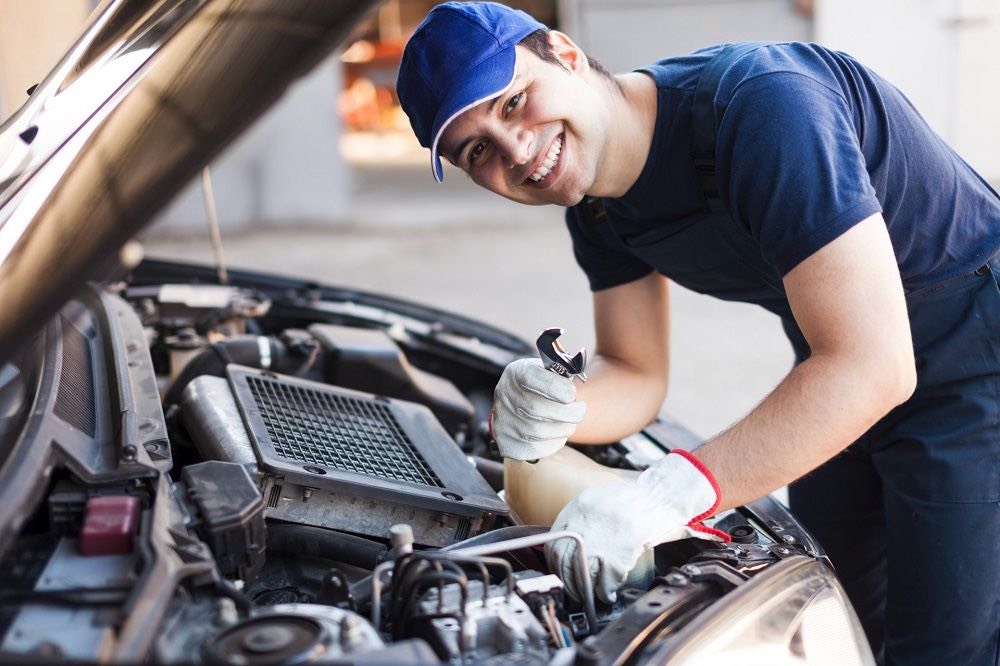Just how to Select the most effective Used Engines for Sale for Your Lorry
Just how to Select the most effective Used Engines for Sale for Your Lorry
Blog Article
Vital Factors To Consider for Making Sure Top Quality and Long Life being used Engines
When considering the acquisition of a used engine, ensuring its quality and long life calls for a complex strategy. Maintenance history is a pivotal factor, as it gives insight into the engine's previous treatment and potential future reliability. Efficiency testing is also important, offering a photo of the engine's operational efficiency.
Engine Background Evaluation
In the realm of used engines, a thorough engine background examination is extremely important to guaranteeing top quality and dependability. Understanding an engine's past can give important understandings into its performance abilities and possible future durability. A thorough history testimonial includes several key aspects that play a significant duty in evaluating an engine's condition. Upkeep records are crucial. Regular maintenance, including oil adjustments, filter substitutes, and set up tune-ups, show that the engine has been well-cared-for, minimizing the possibility of unforeseen failures.
Engines that have actually undertaken significant repairs may have underlying concerns that can resurface. Examining the engine's mileage can serve as a sign of wear and tear. An engine utilized largely for long-distance freeway driving might be in far better condition than one subjected to regular stop-and-go city web traffic.
Basically, an exhaustive investigation right into an engine's background is important for making enlightened buying choices. used engines for sale.
Comprehensive Evaluation Overview
While recognizing an engine's history gives useful context, a comprehensive inspection is the following step to ensure its existing problem straightens with historical information. The inspection needs to start with an aesthetic assessment, looking for indicators of leakages, corrosion, and unusual wear. Inspect the exterior for oil discolorations or coolant marks, which may suggest underlying issues.
Next, examine the engine's installing system for any loose screws or problems that can impact efficiency. Pay close interest to the condition of belts and pipes, as these components are important for ideal engine performance. Check out for cracks, fraying, or any signs of deterioration.

Identifying Deterioration
Identifying indicators of wear and tear is essential for evaluating a made use of engine's long life and reliability. It includes a meticulous assessment of different engine elements to determine their present state and prospective future efficiency.
One more critical element is inspecting the engine's seals and gaskets. Additionally, irregular sounds throughout engine procedure, such as visit this website knocking or ticking audios, might show interior damage or too much wear on relocating components like pistons or bearings.
The problem of belts and tubes is similarly important, as they play a crucial duty in the engine's general function. Split or frayed belts and weak hoses are signs of maturing that might cause engine failure if ignored. Finally, checking out the oil condition and filter can offer understandings into previous upkeep techniques, as unclean oil or stopped up filters suggest forget and accelerated wear.
Performance Screening Fundamentals
Examining the wear and tear of engine components establishes the phase for a detailed evaluation with performance testing. Performance testing serves as a vital action in determining the operational integrity of an utilized engine.
Making use of dynamometers is a typical method in efficiency screening. These tools measure the engine's result across various problems, supplying a detailed profile of its functionality. In addition, on-road testing complements dynamometer analyses by observing engine actions under normal driving situations, guaranteeing it meets the needed criteria for both safety and efficiency.
Advanced diagnostic devices better improve the capacity to identify underlying problems. These tools assess engine monitoring systems, identifying mistakes in electronic parts that can impact performance. Comprehensive screening not only validates the engine's operational condition yet additionally help in forecasting future maintenance requirements. This guarantees the used engine can supply dependable efficiency over an extended period, hence maximizing its value and service life.
Upkeep and Treatment Tips
Correct upkeep and care are critical to lengthening the lifespan of an utilized engine and ensuring its regular efficiency. Normal oil changes are vital; Resources making use of the producer's suggested oil type and grade can protect against too much damage. Furthermore, oil filters ought to be replaced concurrently to keep optimal lubrication and cleanliness within the engine.
Keeping track of fluid levels, consisting of coolant, transmission liquid, and brake liquid, is important. Guaranteeing these liquids go to proper degrees helps prevent getting too hot and various other mechanical concerns. Inspecting belts and hoses for indications of wear, such as cracks or fraying, can avert potential see page failures that might lead to pricey repairs.
Regular examination of the air filter is likewise needed, as a tidy filter makes sure efficient air flow and burning, thus optimizing engine performance. Trigger plugs must be checked and replaced when required to maintain effective fuel combustion and stop engine misfires.
Finally, regular diagnostic checks utilizing specialist tools can identify potential problems before they end up being significant troubles. By sticking to these upkeep and treatment suggestions, utilized engine owners can ensure their engines continue to be reputable, reliable, and efficient in performing well over an extensive period.
Conclusion

Report this page